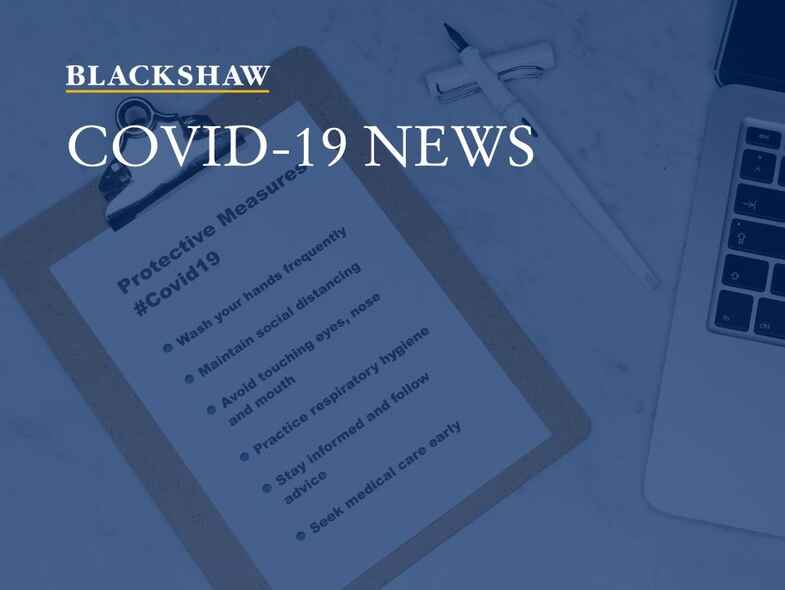As our Nation and States continue to battle the coronavirus pandemic and navigate our way through what seems to be a constantly changing landscape, our community are looking towards our government for direction and assistance. Yesterday, the NSW state government announced their proposed funding boost and assistance measures to protect residential and commercial tenancies across the state – an announcement that our industry and clients have been waiting for with bated breath over the past few weeks.
What are the details of the assistance package?
Based off the government’s announcement, we can expect to see the following measures put in place over the coming weeks across NSW:
-
Where a household is struggling to make rental payments and has suffered a loss of income equal to or greater than 25 per cent due to COVID-19, there is a new obligation to enter into negotiations with their landlord or managing agent, prior to seeking a forced end to the tenancy.
-
Tenants will be protected from eviction until NCAT is satisfied that negotiations have concluded. Any unpaid rent will accrue as arrears during this period.
-
NSW Government to commit $220m towards residential rent relief in the form of land tax waivers or rebates.
-
Residential landlords would be eligible for a land tax waiver or rebate of up to 25 per cent if they passed the saving on to tenants in financial distress.
-
A one-off $2.5 million boost to tenancy advocacy and advice services across the state to assist landlords and tenants in negotiating new temporary terms.
-
Action is also being taken to ensure that evictions for reasons not related to rent arrears are also stayed to minimise avoidable housing disruption and movement. The usual periods of required notice under the Residential Tenancies Act will be increased from the minimum of 30 days up to 90 days for terminations due to fixed or periodic leases ending, or other agreement breaches.
-
Tenants will be protected from being added to tenancy databases (or ‘blacklists’) for breaches of agreements resulting from COVID-19 impacts.





